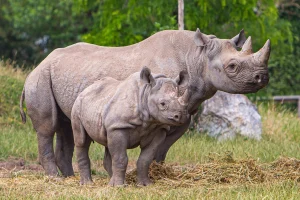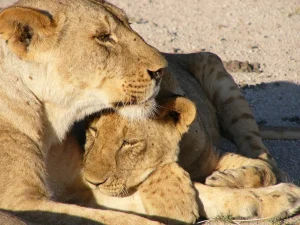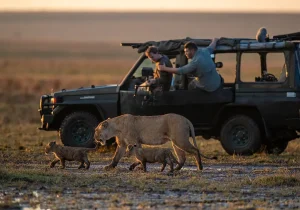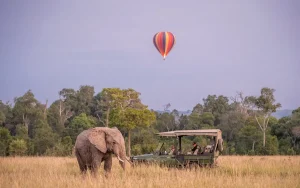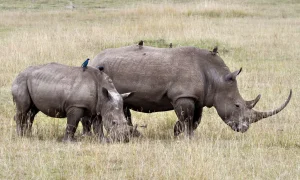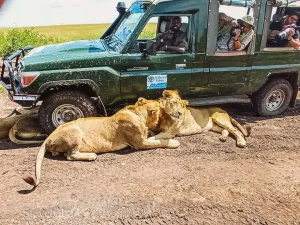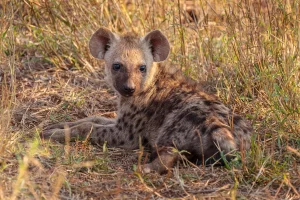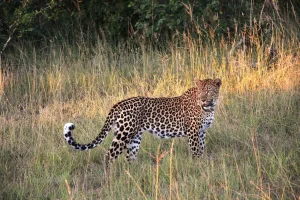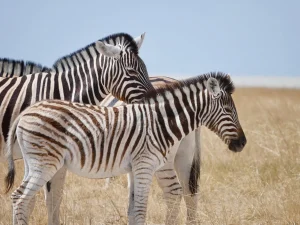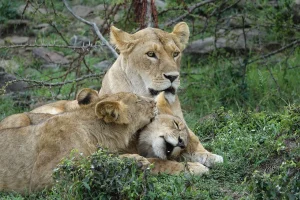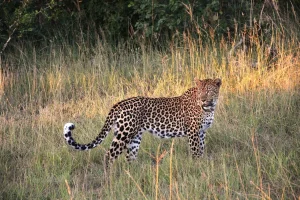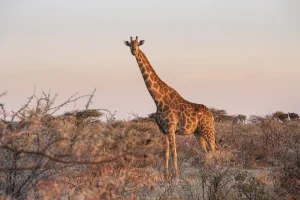Nairobi National Park Conservation: Ensuring a Future for Urban Wildlife
Nairobi National Park Conservation is a critical undertaking, safeguarding a remarkable ecosystem where diverse wildlife thrives against the backdrop of a major urban center. This unique protected area faces numerous challenges, making ongoing efforts to ensure its preservation more important than ever for Kenya and the global community. In this article, our experts look at why conservation efforts are necessary, challenges faced during conservation, how conservation is done, and what lies ahead.
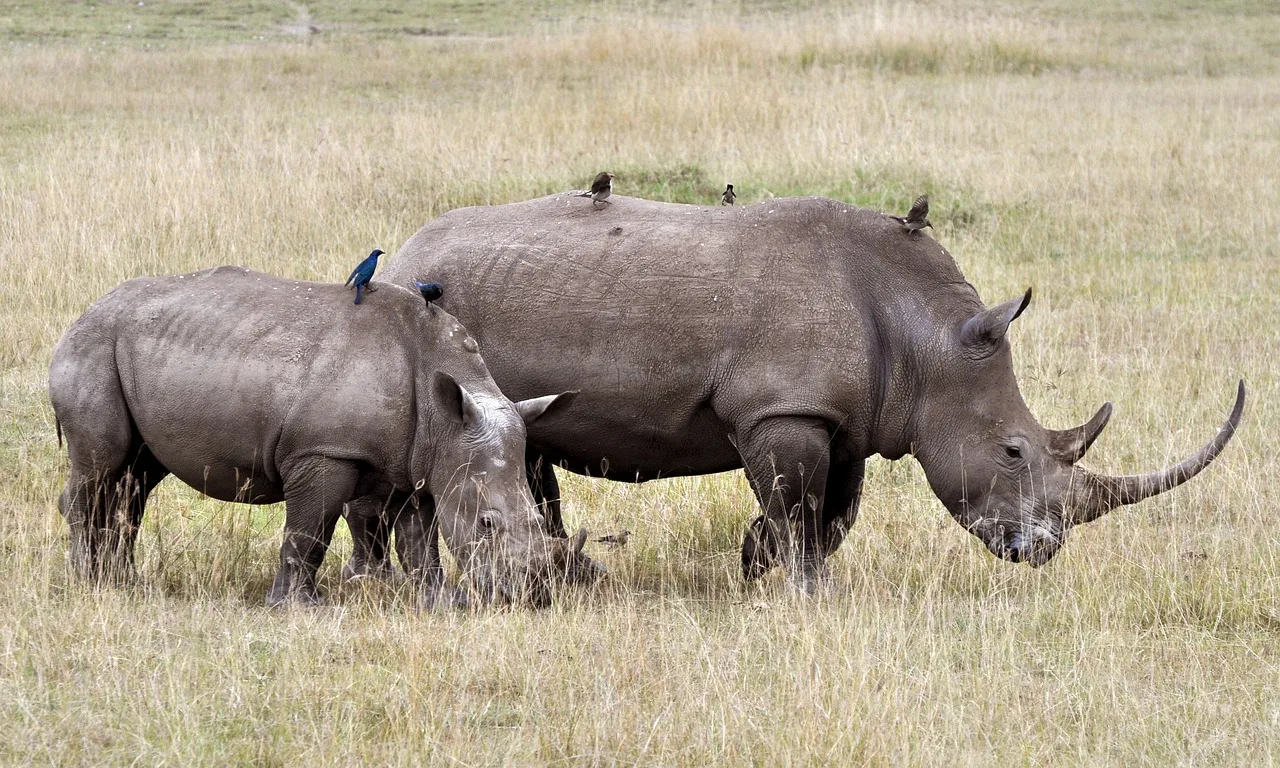
Why Protecting Nairobi National Park Matters
Our team of experts came up with 3 main points of why protecting Nairobi National Park matters. Here are the reasons.
- Safeguarding Diverse Animal Life: The park is a haven for a wide variety of animals, making keeping Nairobi’s biodiversity safe a top priority. From majestic lions and elusive leopards to towering giraffes and a vital safe haven for rhinos in Kenya, the sheer number of species highlights the need for strong protection.
- Conserving Wildlife in an Urban Setting: Its unusual location underscores the importance of conserving wild animals close to cities. The constant pressures from nearby development and human activities make conservation work here especially challenging and crucial.
- Maintaining Natural Habitats: The survival of the park’s animals depends on keeping their natural homes intact in Nairobi. This includes protecting the grasslands, forests, and rivers that provide shelter and food for the wildlife.
The Challenges of Conservation
Despite its significance, Nairobi National Park faces several difficulties in protecting its natural resources. Our team identified four main issues facing the conservation efforts of Nairobi National Park:
- Stopping Illegal Hunting: Continuous efforts to prevent poaching in Nairobi Park are essential to protect vulnerable animals like rhinos and elephants from illegal hunters.
- Managing Conflicts Between People and Animals: As the city grows, conflicts between humans and wildlife near Nairobi become more frequent, requiring careful management to ensure the safety of both.
- Dealing with Habitat Loss: The expansion of Nairobi and its infrastructure constantly threatens the park’s boundaries, leading to the shrinking and breaking up of animal habitats. Maintaining protected pathways for Nairobi wildlife to move between areas is vital for their survival and genetic health.
- Controlling Invasive Species: The introduction of non-native plants and animals can upset the natural balance of nature in Nairobi National Park, requiring ongoing efforts to manage and remove them.
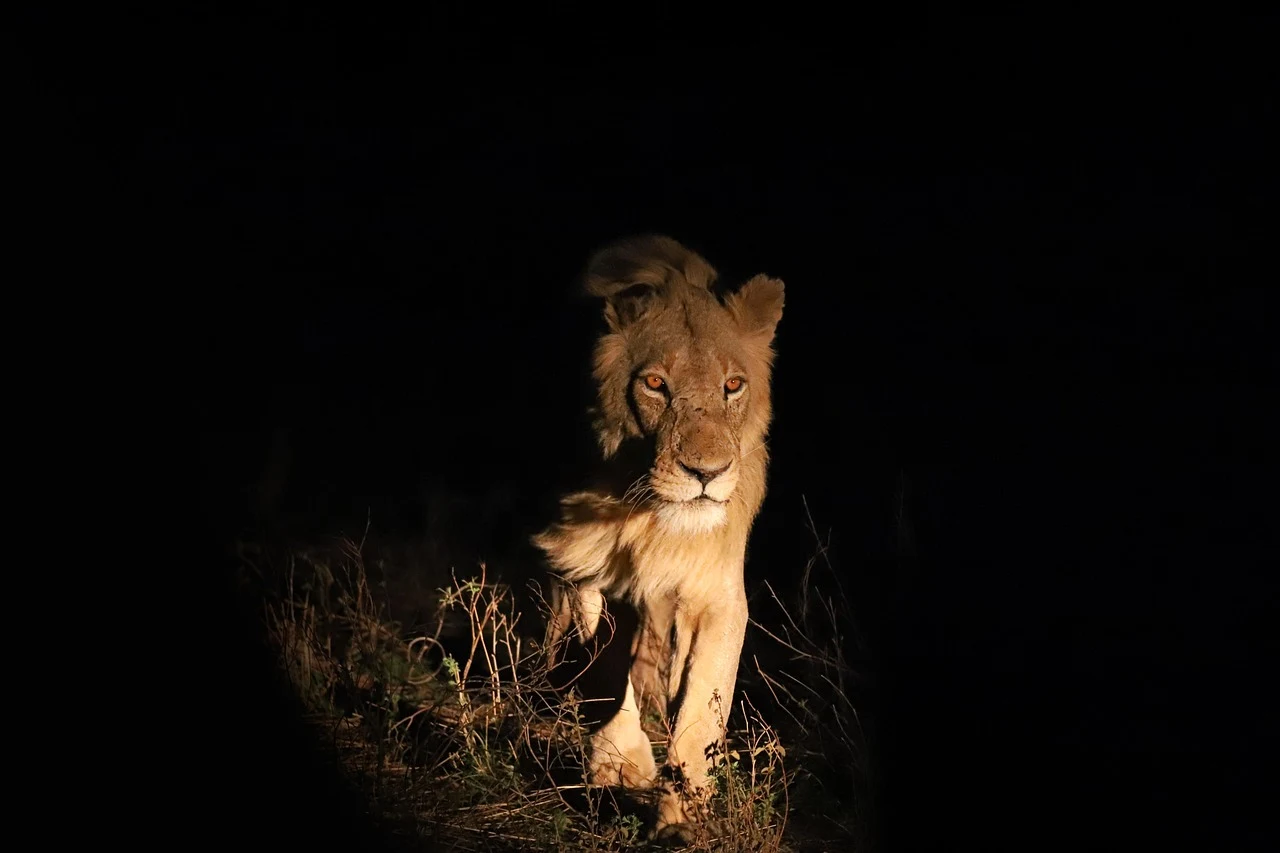
How Conservation is Happening
Many important actions are being taken to ensure the long-term sustainable protection of Nairobi National Park:
- Managing Wildlife Populations: Effective management of Nairobi National Park’s animals involves tracking numbers, controlling diseases, and ensuring they have enough food and water.
- Working with Local Communities: Getting local people involved is key to long-term success. Collaborative projects aim to build a sense of ownership and shared responsibility for Nairobi National Park and its neighbors.
- Restoring Damaged Habitats: Efforts are underway to fix areas within the park that have been damaged, focusing on bringing back natural areas in Nairobi National Park to better support wildlife.
- Funding and Research: Securing financial support for Nairobi National Park conservation and supporting scientific studies about Nairobi National Park are essential for making informed decisions and developing effective conservation plans. Organizations like the Wildlife Foundation actively support these efforts.
Looking Ahead: The Future of Conservation
The future of protecting Nairobi National Park relies on ongoing commitment and new ideas. Addressing the persistent dangers facing Nairobi National Park and building on successful conservation stories from Nairobi National Park will be crucial. The park’s importance extends beyond Nairobi, contributing to wildlife protection across Kenya and serving as an example for protecting African wildlife in urbanized regions. Supporting all national parks in Kenya is vital for safeguarding the country’s natural heritage.
By understanding why this unique ecosystem is so important and supporting the work being done to protect it, we can all help ensure that Nairobi National Park continues to be a vital sanctuary for wildlife for many years to come. Visiting the park responsibly and learning more about the conservation efforts, such as those promoted by the African Wildlife Foundation, can also make a difference.

